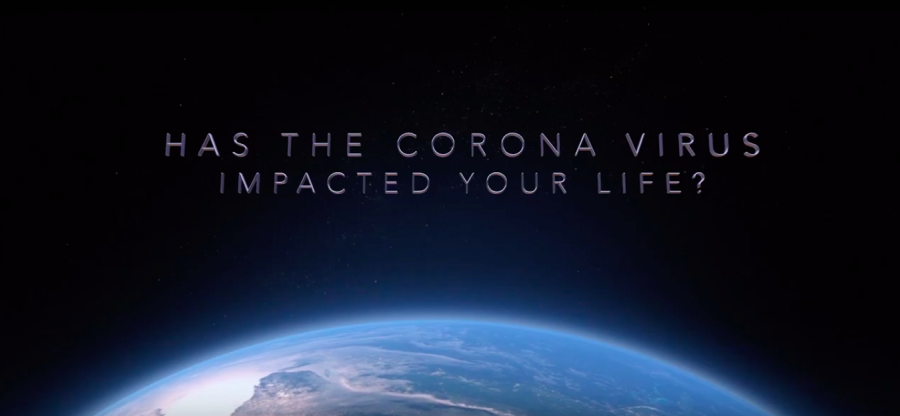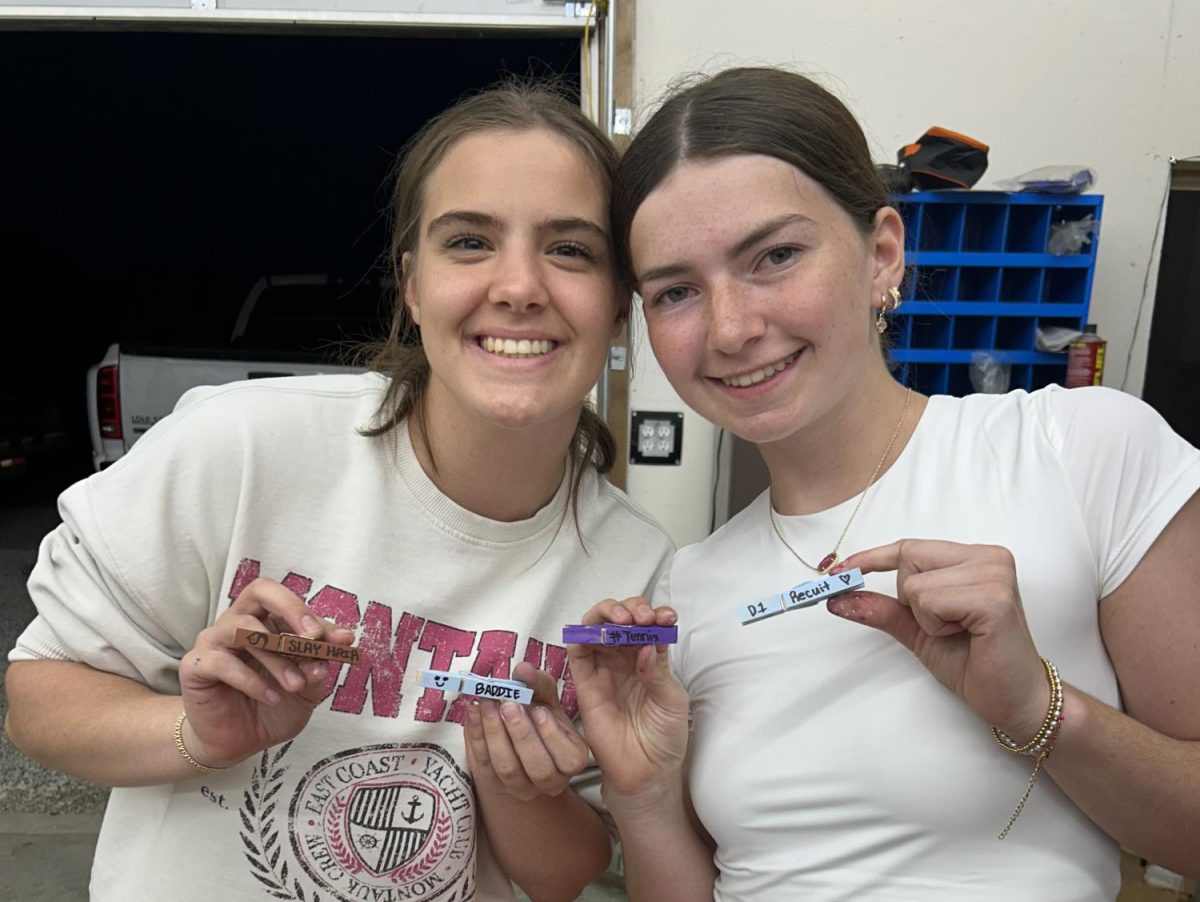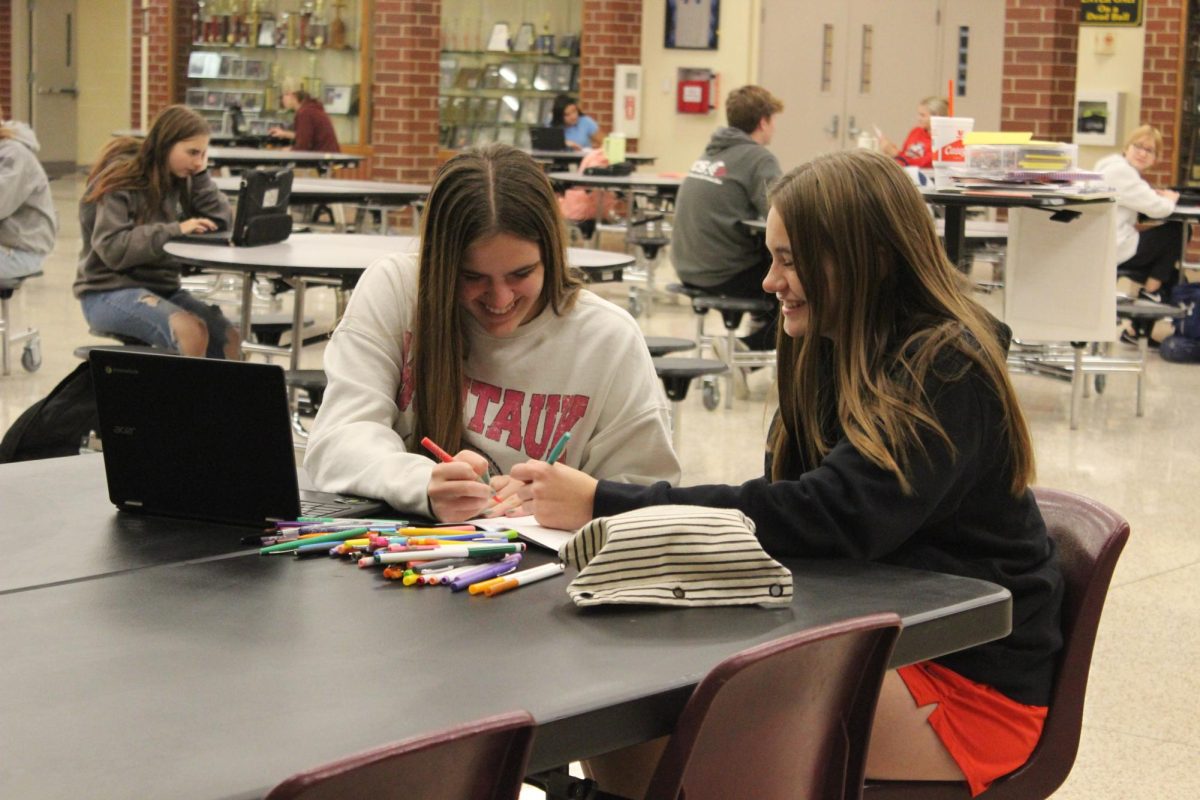Straining Against Corona
The Atlantic Community School District is on a four-week break due to the coronavirus threat.
On the latest episode of “Eye of the Needle,” students and staff at the high school talked about how the outbreak has effected their lives.
March 17, 2020
Presenting the infected with flu-like symptoms such as fever and coughing, a new strain of the coronavirus, called COVID-19, has presented itself to mankind. The virus is known as “zoonotic,” meaning that it passes between animals and humans. Research by the World Health Organization finds that certain strains, such as SARS-CoV, originated from civet cats in East Asia, while strains such as MERS-CoV seem to have come from dromedary camels in the Middle East.
These strains aren’t as common as others, and it’s still debated on which animal spread the strain currently eliciting fear in the population. The virus has spread internationally after its first reported case occurred in China. It’s believed that, due to its RNA tendencies, the virus can and has mutated into multiple strains plaguing the world. People within six feet of an infected person are at risk of contracting the disease, as well as touching surfaces where the infected had coughed or sneezed.
World Effect
Not only is the mental state of the world on high alert, the virus has also caused a massive decline in the stock market. Countries such as Italy, China, South Korea, and even the United States of America are beginning to shut themselves off from the rest of the world in fear of the virus spreading. Because of consumer fear, it’s likely the U.S. will enter another economic recession as products fail to be bought and traded.
Health-wise, the coronavirus is only a true threat to the elderly and people with pre-existing health problems. Similar to the common flu, the true concern specialists have is the rate of which it spreads, as well as our immune systems being not used to the new virus. Unfortunately, the testing methods for the coronavirus foots a massive bill for those without good insurance. People are currently trying to convince the government to make treatment and testing free.
Prevention
Using standard cleanliness, people can help build up their defenses against the coronavirus. The World Health Organization recommends regular hand washing, covering the face when sneezing and coughing, and avoiding people that seem to have contracted an illness. People are also recommended to see a specialist after showing signs of sickness. These signs can vary depending on the strain of virus, but most commonly people experience flu-like symptoms and breathing difficulty. More severe cases may show signs of pneumonia, kidney failure, and eventual death.











